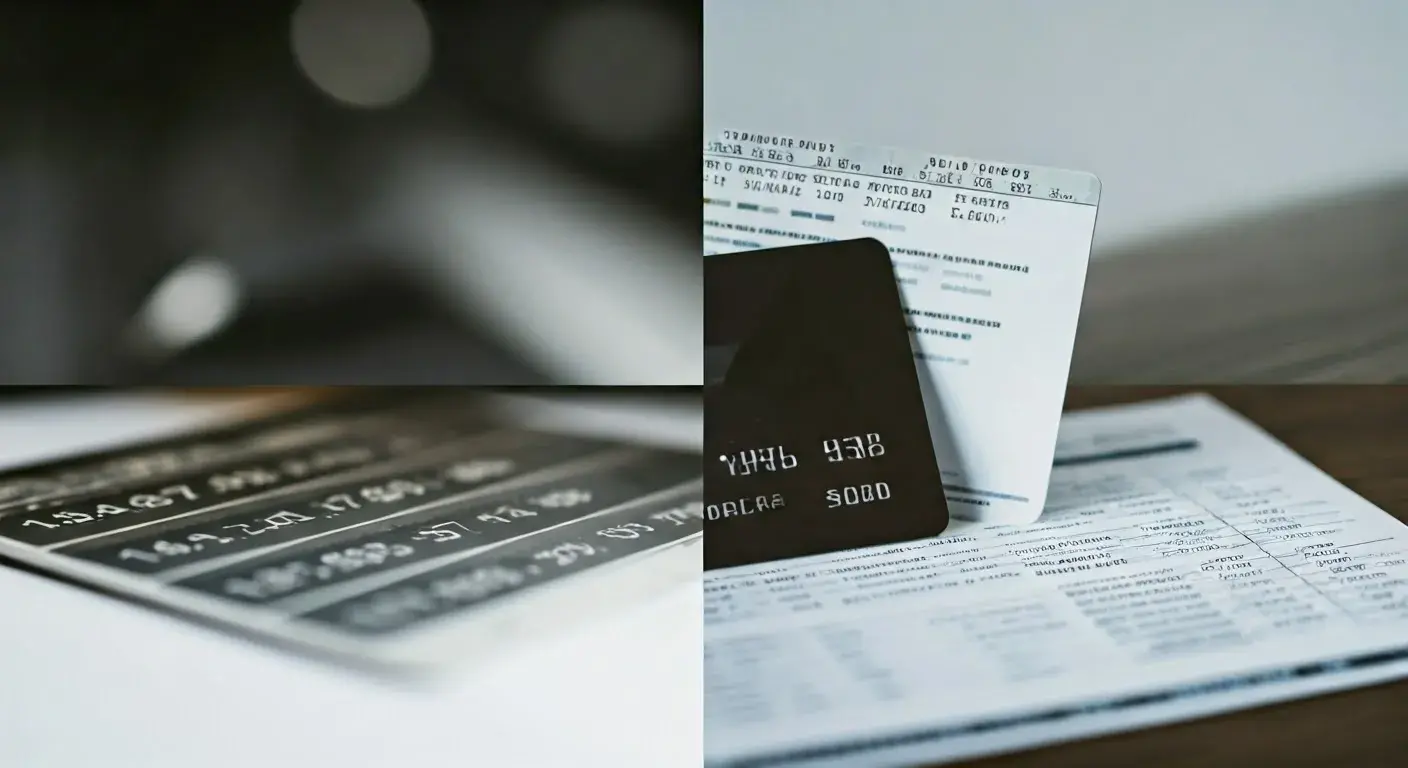
Debt collectors are known for their aggressive nature; sadly, some live up to this reputation.
Laws exist to safeguard consumers, but it's important to be aware of the boundaries of these rights and the possible fallout from debt collecting.
Understanding Your Rights
Understanding your rights under the Fair Debt Collection Practices Act (FDCPA) is very essential before exploring the worst-case situations. Debt collectors are forbidden by this federal legislation from:
Threats of violence, foul language, or frequent calls include harassment or abuse of you.
They cannot pass for attorneys, government officers, or other entities.
Notifying you at inappropriate times: Calls usually fall between 8 AM and 9 PM local time.
Talking about the debt with other parties—except from certain conditions.
Claiming falsely that you will be sued or arrested.
The Worst Things Debt Collectors Can Do
Although the FDCPA provides significant protection, some debt collectors might still act illegally or ethically poorly. These are among the worst things they could do:
Legal Actions
Debt collectors could sue you to get the debt back under control. Should they be successful, a judgment might be recorded against you that can result in property liens, bank account levies, or wage garnishment.
A court ruling letting a part of your wages be deducted to cover debt.
Funds from your bank account may be taken to pay off the obligation.
Property liens are a legal claim on your property used to stop its sale until the obligation is paid.
Harassment and Abuse
Constant Calling: Too many calls even after you ask they stop.
Threats: Employing intimidation strategies including those about arrest or armed attack.
Public Embarrassment: Noting debt to neighbors, friends, or relatives.
False Imprisonment: Unlawfully arresting you
Deception
False Claims: Lying on their affiliation, non-payment repercussions, or amount owing.
Presenting legal actions they cannot or will not pursue as misrepresented threats.
Protecting Yourself
You have to defend yourself if you deal with demanding debt collectors. You may follow these actions:
Knowing Your Rights: Learn the FDCPA and the consumer protection rules in your state.
Keep track of everything. Record every contact you have with the debt collector, including dates, hours, and conversational themes.
If harassment doesn't cease, write a certified letter asking them to stop contacting you.
Violations of Reports: See your state's attorney general or the Consumer Financial Protection Bureau (CFPB) to report a debt collector you feel has broken the law.
See an attorney if you're overwhelmed or under major legal danger.
Remember, even though handling debt might be taxing, you are not required to put up with mistreatment or unlawful activity. Understanding your rights and acting helps you to defend yourself and maybe make debt collectors responsible.
This page offers broad information only; it does not provide legal advice. For guidance on your particular circumstances, you should speak with an attorney.
Call now for expert credit repair services: (888) 803-7889
Read More:
Can I buy a car with a 609-credit score?
Can I buy a house with a 609-credit score?
How bad is a 609-credit score?
What is a pay to delete letter?
What is the difference between a 609 and 604 dispute letter?




